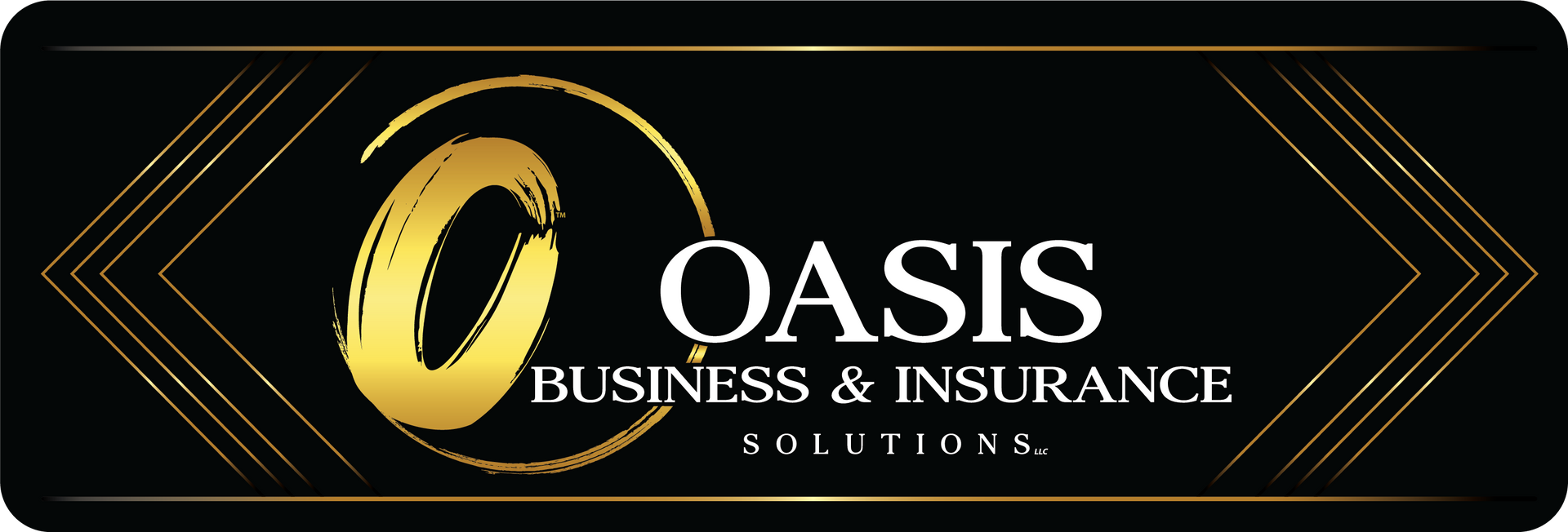
How Estate Planning Safeguards Your Business
A Comprehensive Professional and Educational Guide for Business Owners
Effective estate planning is an essential facet of long-term business management. While growth strategies and operational advancements receive rightful attention from entrepreneurs, estate planning is frequently underestimated. This omission can jeopardize the stability and continuity of even the most thriving enterprises. A robust estate plan not only secures personal and business assets but also affirms the future of your organization. This guide will explore the mechanisms by which estate planning protects your business, emphasizing its indispensable value and significance.
Defining Estate Planning for Business Owners
Estate planning comprises the systematic arrangement of business and personal assets to ensure their orderly management and transfer in the event of incapacity or death. For business owners, this process extends beyond the creation of a will; it incorporates succession planning, buy-sell agreements, asset protection strategies, and tax optimization. The objective is to guarantee that your intentions regarding your business legacy are fulfilled and that stakeholders—your family, employees, and partners—are supported with clear direction and security.
Core Protective Functions of Estate Planning
Business Continuity Assurance
A comprehensive estate plan delineates succession protocols, specifying who will assume leadership of your business under unforeseen circumstances. In the absence of such a plan, ambiguity may arise, leading to decisions dictated by courts or individuals unaligned with your vision. Succession planning identifies and prepares suitable successors, whether family members, key employees, or external candidates, facilitating seamless transitions and minimizing operational disruptions.
Conflict Mitigation Among Heirs and Stakeholders
For many entrepreneurs, their business represents the principal asset within their estate. Upon incapacity or passing, ambiguity regarding inheritance can ignite disputes among heirs, partners, or shareholders. Instruments such as living trusts, buy-sell agreements, and explicit wills clarify the distribution of assets and responsibilities, substantially reducing the potential for litigation and business instability.
Asset Protection from Creditors and Legal Claims
Estate planning employs vehicles such as trusts, limited liability entities, and insurance policies to shield business assets from the claims of creditors or legal adversaries. This asset protection function is particularly vital for businesses operating in sectors with elevated liability exposure.
Incapacity Preparedness
Estate planning also addresses the scenario of owner incapacity due to illness or injury. By establishing powers of attorney and business continuity plans, owners ensure that trusted individuals are authorized to maintain operations and execute crucial decisions, preventing interruptions in management and finance.
Tax Optimization and Wealth Preservation
Transferring a business interest at death can trigger substantial estate and transfer taxes. Without strategic planning, heirs may be compelled to liquidate business assets to satisfy these obligations. Methods such as lifetime gifting, family limited partnerships, and life insurance can alleviate tax burdens, ensuring the business endures for subsequent generations.
Preservation of Reputation and Enterprise Value
The unexpected loss of a business owner may cause uncertainty among stakeholders, diminishing the organization’s reputation and valuation. Publicly documented and internally communicated estate plans reinforce business stability and preparedness, which are critical to sustaining stakeholder confidence.

Primary Elements of Business Estate Planning
Estate planning in the context of business ownership involves several specialized components:
1. Succession Planning
This process involves the identification, training, and appointment of future leaders. Succession plans provide the roadmap for ownership and management transition, whether within the family or to trusted associates.
2. Buy-Sell Agreements
Buy-sell agreements are formal contracts stipulating the transfer of business interests under predefined events such as death, disability, or voluntary exit. These agreements often include valuation methodologies and funding strategies, frequently leveraging life insurance to ensure liquidity.
3. Wills and Trusts
A will, though a foundational document, may be complemented by trusts that offer enhanced control, privacy, and expedited asset transfer. Revocable living trusts, for example, enable business assets to bypass probate, facilitating efficient succession.
4. Powers of Attorney
Appointing a trusted individual to manage financial and business matters during periods of incapacity is essential for preserving operational continuity.
5. Business Continuity Plans
These plans detail procedures for maintaining essential business functions under various contingencies, identifying leadership succession, and stakeholder communication protocols.
6. Life Insurance
Life insurance serves as a strategic tool for funding buy-sell agreements and providing liquidity for estate taxes or other obligations, safeguarding the company’s financial health.
7. Tax Planning
Professional tax planning minimizes the impact of estate taxes, allowing for greater wealth retention and a smoother transition to heirs.
The Imperative and Value of Estate Planning

Family and Employee Security
Businesses often provide financial stability for both the owner’s family and employees. Estate planning ensures their continued support and protection, regardless of circumstances.

Prevention of Forced Asset Liquidation
Without a plan, heirs may be forced to sell business interests below market value to meet financial obligations. Estate planning offers alternatives, safeguarding long-term value.

Preservation of Entrepreneurial Intent
An estate plan documents the owner’s vision, ensuring that the company’s future aligns with their principles and wishes.

Reduction of Stress and Uncertainty
A clear estate plan alleviates anxiety during times of loss, enabling stakeholders to focus on operational stability and mutual support.

Enhanced Appeal to Investors and Lenders
Institutions frequently evaluate succession and continuity plans when considering investments or loans. Comprehensive planning enhances the enterprise’s attractiveness and credibility.
Estate Planning: A Pillar of Professional Stewardship
Estate planning transcends financial calculations—it embodies foresight, responsibility, and leadership. It protects livelihoods, secures organizational reputation, and fosters enduring stability. Prepared successors, identified through careful planning, are better equipped to lead effectively and uphold the enterprise’s core values. Stakeholders interpret thorough estate planning as a hallmark of professionalism, reinforcing relationships and enabling growth.
Conclusion: Proactive Estate Planning for Sustained Success
Estate planning should never be deferred. For business owners, it is integral to strategic management and risk mitigation. By collaborating with experienced legal and financial professionals and regularly revisiting your estate plan, you ensure the resilience and continuity of your business. Thoughtful estate planning not only secures your legacy—it fortifies the organization, supports stakeholders, and provides peace of mind for generations to come.





